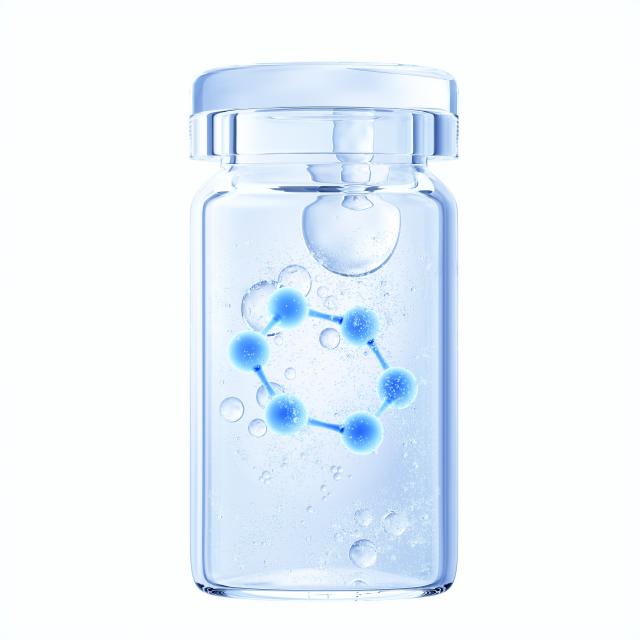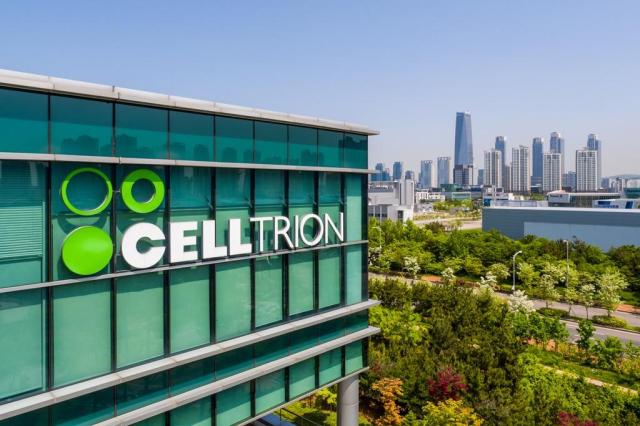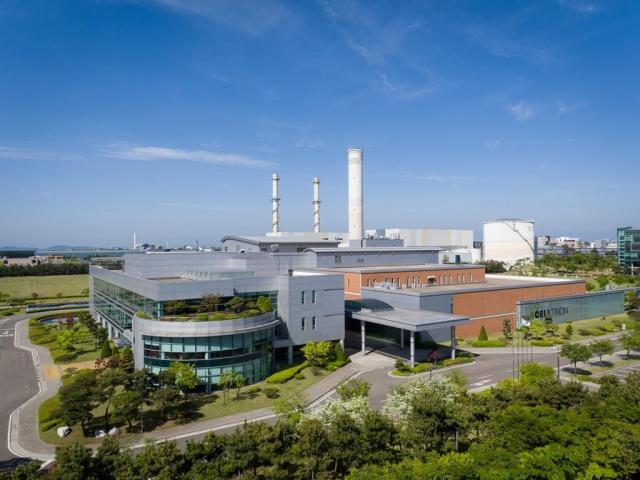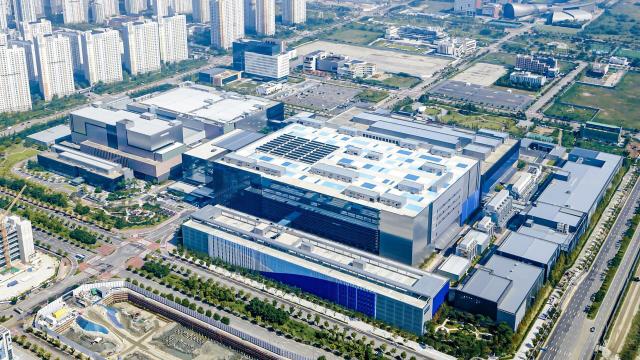
The expiration of patents for more than a dozen high-revenue biologics — many of which generate over $1 billion annually — has turned the American pharmaceutical landscape into a fierce battleground for biosimilars.
These near-identical versions of complex biologic drugs promise comparable efficacy at significantly lower costs, creating a ripe opportunity for manufacturers poised to compete on both price and production speed.
Among the most sought-after targets is Stelara, Johnson & Johnson’s autoimmune therapy, which generated $6.72 billion in U.S. sales in 2024. Since its patent expired, the drug has drawn at least seven biosimilar challengers, with more expected later this year.
Samsung Bioepis led the Korean advance, launching its Stelara biosimilar, Pyzchiba, in February. Rivals Celltrion and Dong-A ST have received regulatory approval from the U.S. Food and Drug Administration and plan to roll out their own versions by year’s end.
The surge reflects broader strategic alignment between South Korean biotech ambitions and U.S. health policy trends.
According to the KoreaBio Research Center, the biosimilar boom dovetails with initiatives dating back to the Trump administration aimed at lowering prescription drug costs through increased competition.
Since 2015, South Korean firms have secured 20 FDA biosimilar approvals — second only to the United States, which has earned 26. In addition to quantity, Korean companies have demonstrated notable efficiency in clinical trials, completing Phase 3 studies up to a year faster than many global peers, according to data from ClinicalTrials.gov.
Samsung Bioepis and Celltrion are also preparing to introduce biosimilars for Amgen’s osteoporosis drugs Prolia and Xgeva, which brought in a combined $4.39 billion in U.S. sales last year.
Yet the road ahead may be fraught with legal and regulatory hurdles.
Industry analysts caution that aggressive market entry could trigger a wave of intellectual property litigation. Samsung Bioepis is already embroiled in a patent dispute with Regeneron Pharmaceuticals over its biosimilar version of the eye treatment Eylea.
Copyright ⓒ Aju Press All rights reserved.





View more comments